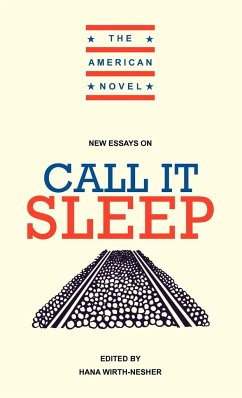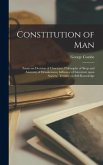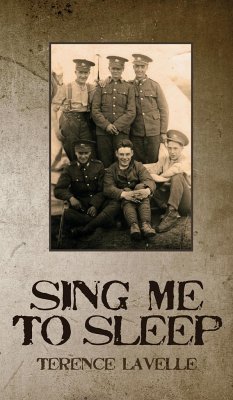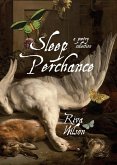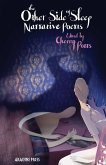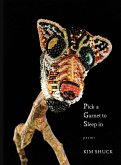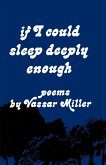Henry Roth's Call It Sleep, praised when it first appeared in the 1930s, neglected for decades, and reissued to wide acclaim in the 1960s, has been finally hailed as the finest Jewish-American novel of the first half of the century and one of the richest modernist novels to appear in America. The introduction by Hana Wirth-Nesher locates the novel in its cultural context and in terms of contemporary debates about ethnic literature, minority writing, and the problem of representativeness. Leslie Fiedler, who played an instrumental role in the book's reissuance, offers a new reading in light of the work's canonization. Mario Materassi traces the controversial history of its reception, and Ruth Wisse connects the immigration theme with the existential hero. Each of the following three essays addresses the question of modernism from a different perspective: Brian McHale focuses on Roth's modernist rather than postmodernist poetic, Karen Lawrence on the maternal and paternal powers that forge the inner life so basic to the modernist novel, and Werner Sollors on the "ethnic modernism" of second-generation immigration literature. Thus the volume sets out to consider Roth's hybrid status - as an American writer, a Jewish writer, and a European modernist.
Hinweis: Dieser Artikel kann nur an eine deutsche Lieferadresse ausgeliefert werden.
Hinweis: Dieser Artikel kann nur an eine deutsche Lieferadresse ausgeliefert werden.

